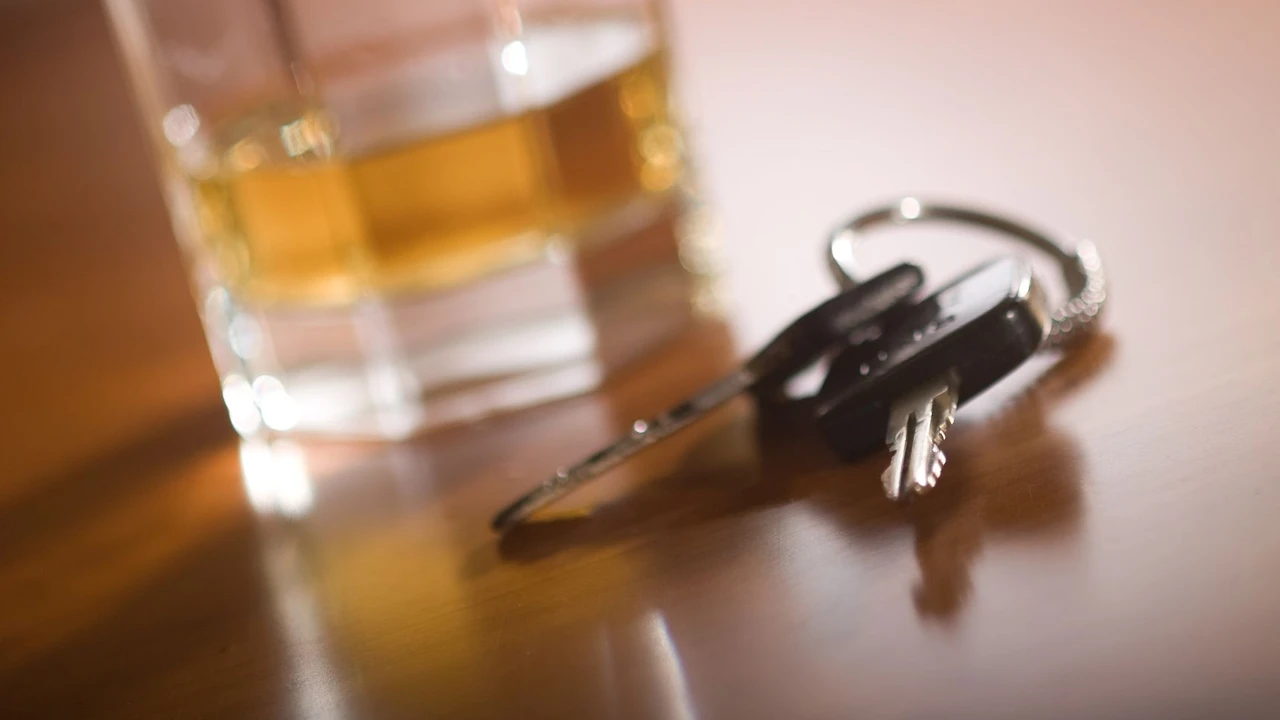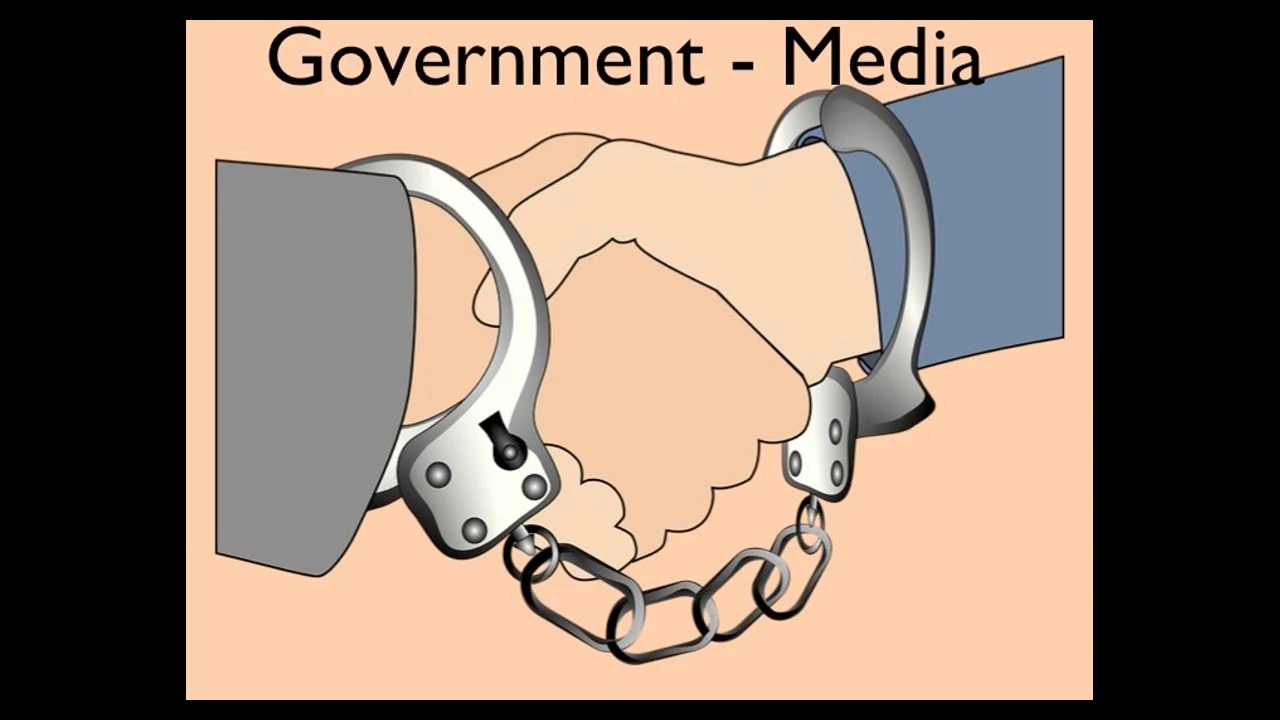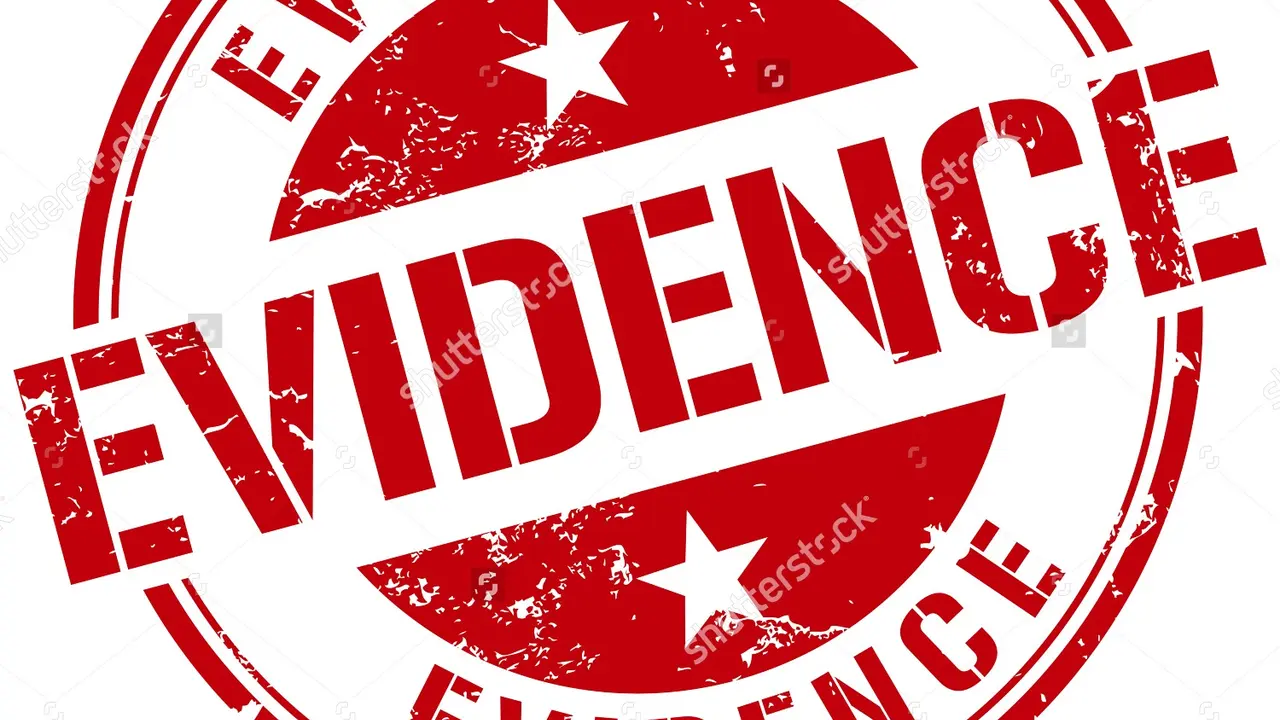How to Use Social Media to Your Advantage (and Avoid Mistakes)
.webp)
Leveraging Social Media Evidence After A Car Accident For Your Insurance Claim
Okay, so you've been in a car accident. It's a stressful time, and the last thing you're probably thinking about is your social media. But trust me, what you post online can seriously impact your car insurance claim. Insurance companies are sneaky; they'll snoop around your profiles looking for anything they can use to minimize your payout. This isn't about being paranoid, it's about being smart. We're going to break down how to use social media to *help* your claim and, more importantly, how to avoid common mistakes that could hurt you.
Documenting the Scene: Using Social Media to Strengthen Your Car Accident Claim
Right after the accident (after you've ensured everyone's safety and called the police, of course!), if it's safe to do so, take pictures and videos. This isn't just for your memories; it's crucial evidence. Think about it: the sooner you document the scene, the better. Capture the damage to your car, the other vehicle(s) involved, the surrounding environment (traffic signs, road conditions), and any visible injuries.
Now, here's where social media comes in. Instead of immediately posting a rant about the other driver, consider privately uploading these photos and videos to a secure cloud storage service (like Google Drive, Dropbox, or even a private album on Facebook that's only visible to you). This creates a timestamped record of the scene, proving when and where the photos were taken. This is invaluable if the other party later tries to dispute the details of the accident. Later, you can easily share access to this folder with your lawyer or insurance adjuster.
Showing Your Recovery Journey Online Properly After A Car Wreck
This is a tricky one. On one hand, you want to keep friends and family updated on your recovery. On the other hand, posting too much information about your daily activities can be used against you. Let's say you're claiming back pain, but you're posting pictures of yourself hiking or playing sports. The insurance company will jump on that!
The key is to be mindful. Avoid posting anything that contradicts your claim. If you're claiming an injury limits your ability to work, avoid posting photos of yourself doing strenuous activities. Focus on positive updates, but be cautious about oversharing. Consider posting general updates about your physical therapy progress or sharing articles about managing pain, rather than detailed accounts of your weekend adventures.
Avoiding Common Social Media Mistakes That Can Damage Your Car Accident Case
Okay, let's talk about the things you absolutely *shouldn't* do. This is where people often slip up and accidentally sabotage their own claims.
- Don't admit fault: Even if you think you were partially responsible for the accident, never admit fault online. Anything you post can be used against you. Let the police and insurance companies investigate and determine fault.
- Don't rant about the other driver or the insurance company: Venting your frustrations online might feel good in the moment, but it's a terrible idea. It can make you look angry and unreasonable, and it could even be used to argue that you're exaggerating your injuries.
- Don't post photos or videos that contradict your claim: We already touched on this, but it's worth repeating. Be mindful of the images you're projecting online.
- Don't delete anything: Deleting posts after an accident can look suspicious. It's better to simply avoid posting anything that could be problematic in the first place. If you're really concerned about something you've already posted, consult with a lawyer.
- Don't accept friend requests from strangers: Insurance adjusters sometimes try to infiltrate your social media by sending friend requests. Be very careful about who you accept as a friend.
Privacy Settings Are Your Friend: Securing Your Social Media Accounts During Your Car Accident Claim
Now is the time to lock down your privacy settings. Make sure your profiles are set to private, so only your friends can see your posts. Review your existing privacy settings on all platforms (Facebook, Instagram, Twitter, etc.) and adjust them accordingly. Limit who can see your past posts and who can tag you in photos. Consider temporarily unfriending people you don't know well. This might seem extreme, but it's better to be safe than sorry.
Monitoring Your Online Presence: Checking What Others Are Saying About Your Car Accident
It's a good idea to monitor what others are saying about the accident online. You can use Google Alerts to track mentions of your name or the accident. This can help you identify any potentially damaging information that's being shared online. If you find something inaccurate or misleading, you may want to contact a lawyer to discuss your options.
Product Recommendations: Using Technology To Your Advantage After A Car Accident
Beyond just social media, there are some great tech tools that can help you after a car accident. Here are a few recommendations, along with their pros, cons, and price points:
Dash Cams: The Vantrue N4 Pro 4K 3 Channel Dash Cam - The Best Overall Evidence Recorder
Use Case: Constantly recording your drives, providing video evidence of accidents, near misses, and other incidents. Ideal for proving fault in an accident and protecting yourself from false claims.
Pros:
- Crystal-clear 4K resolution for front camera, capturing details like license plates.
- Three channels record front, interior, and rear views simultaneously.
- Parking mode automatically activates when the car is parked, recording any bumps or movement.
- GPS logging tracks your speed and location.
- Loop recording ensures you never run out of storage space.
Cons:
- Relatively expensive compared to other dash cams.
- Can be complex to set up and configure.
- Requires a high-capacity microSD card (sold separately).
Price: Around $300 on Amazon and other retailers.
Mobile Apps: Car Accident Report App - Streamlining The Information Collection Process
Use Case: Documenting the accident scene, collecting information from the other driver, and creating a detailed accident report. Helps you gather all the necessary information in a structured way.
Pros:
- Step-by-step guide to collecting information at the scene.
- Allows you to take photos and videos of the damage.
- Generates a professional-looking accident report.
- Stores your accident reports securely in the cloud.
- Many apps are free or have a low subscription cost.
Cons:
- Requires a smartphone with a camera and internet access.
- The quality of the report depends on the information you provide.
- May not be accepted by all insurance companies.
Price: Most basic versions are free; premium versions with more features can range from $5 to $20 per month.
GPS Trackers: The Tile Mate - Keeping Track of Your Car After an Accident
Use Case: Tracking the location of your car, especially if it's stolen after an accident. Also useful for remembering where you parked in unfamiliar areas.
Pros:
- Small and discreet.
- Easy to set up and use.
- Affordable.
- Can be used to track other valuables besides your car.
Cons:
- Limited range (around 250 feet for the Tile Mate).
- Requires a smartphone with Bluetooth.
- Battery needs to be replaced periodically.
Price: Around $25 on Amazon and other retailers.
Comparing Products: Dash Cam Showdown - Vantrue N4 Pro vs. Garmin Dash Cam 67W
Let's dive deeper into dash cams. The Vantrue N4 Pro is a top-of-the-line option, but the Garmin Dash Cam 67W is another strong contender. Here's a quick comparison:
- Image Quality: The Vantrue N4 Pro boasts 4K resolution on the front camera, while the Garmin 67W offers 1440p. The Vantrue captures more detail, especially in low-light conditions.
- Field of View: The Garmin 67W has a wider 180-degree field of view, capturing more of the surrounding environment.
- Features: Both cameras have parking mode, loop recording, and GPS. The Garmin 67W also includes voice control, allowing you to start and stop recording with voice commands.
- Price: The Vantrue N4 Pro is typically more expensive than the Garmin 67W.
Verdict: If image quality is your top priority, the Vantrue N4 Pro is the better choice. If you prefer a wider field of view and voice control, the Garmin 67W is a great option.
The Bottom Line: Social Media and Your Car Accident Claim
Using social media strategically can be a powerful tool in your car insurance claim. Document the scene, be mindful of what you post, protect your privacy, and monitor your online presence. Remember, your online activity is public record, and insurance companies will use it to their advantage. By following these tips, you can use social media to strengthen your claim and protect your rights.
:max_bytes(150000):strip_icc()/277019-baked-pork-chops-with-cream-of-mushroom-soup-DDMFS-beauty-4x3-BG-7505-5762b731cf30447d9cbbbbbf387beafa.jpg)






